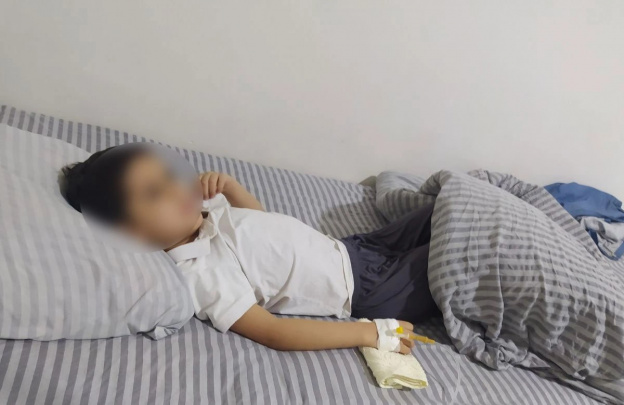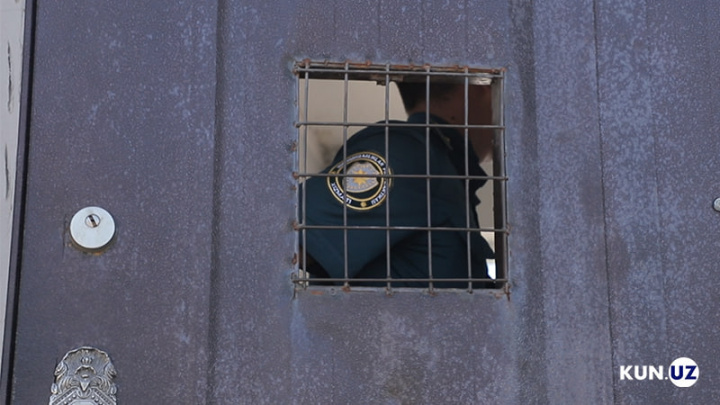Uzbekistan passes law expanding prisoners' rights
The president has signed a law aimed at expanding the rights of prisoners. They now have the right to be treated humanely and to contact organizations that protect human rights. It is prohibited to conduct medical and scientific experiments on prisoners without their consent.

On August 28, President Shavkat Mirziyoyev signed a law introducing amendments to the Criminal Procedure Code of Uzbekistan. These amendments are intended to ensure the rights and legal interests of prisoners and to align them with the updated Constitution.
Specifically, changes have been made to guarantee prisoners' rights to humane treatment, respect for their honor and dignity, and to allow them to appeal to the Ombudsman, the Children's Ombudsman, and international bodies for the protection of human rights and freedoms.
Moreover, the right of prisoners serving sentences for serious and especially serious crimes to participate in elections and referendums is now guaranteed.
Additionally, if all available domestic remedies have been exhausted, such prisoners will have the right to appeal to international bodies for the protection of human rights and freedoms in accordance with Uzbekistan's legislation and international treaties. Previously, the right of prisoners to appeal to international human rights organizations was not provided for in the legislation.
The amendments also specify that such prisoners have the right to participate in elections and referendums unless they have been deprived of this right in accordance with the law and based on a court verdict.
According to the document, prisoners are entitled to humane treatment and respect for their inherent dignity, as provided in the sixth part of Article 28 of the updated Constitution.
Employees of correctional institutions are obliged to treat prisoners humanely. When applying disciplinary measures and other coercive measures to prisoners, it is prohibited to deviate from the grounds and procedures established by the Criminal Procedure Code.
It is strictly prohibited to conduct medical and scientific experiments on prisoners without their consent.
Furthermore, a new provision allows prisoners to communicate with the Ombudsman and the Children's Ombudsman through a designated complaint box, which regulates the process of organizing, opening, using, and sending these complaints.
Related News

23:21 / 28.02.2026
Inmate convicted in Komil Allamjonov assassination attempt reportedly takes own life in prison

17:47 / 24.02.2026
Criminal case opened over mass poisoning of children in Fergana kindergartens

16:36 / 24.02.2026
Uzbekistan to launch Second Chance project for formerly incarcerated youth

18:52 / 23.02.2026




